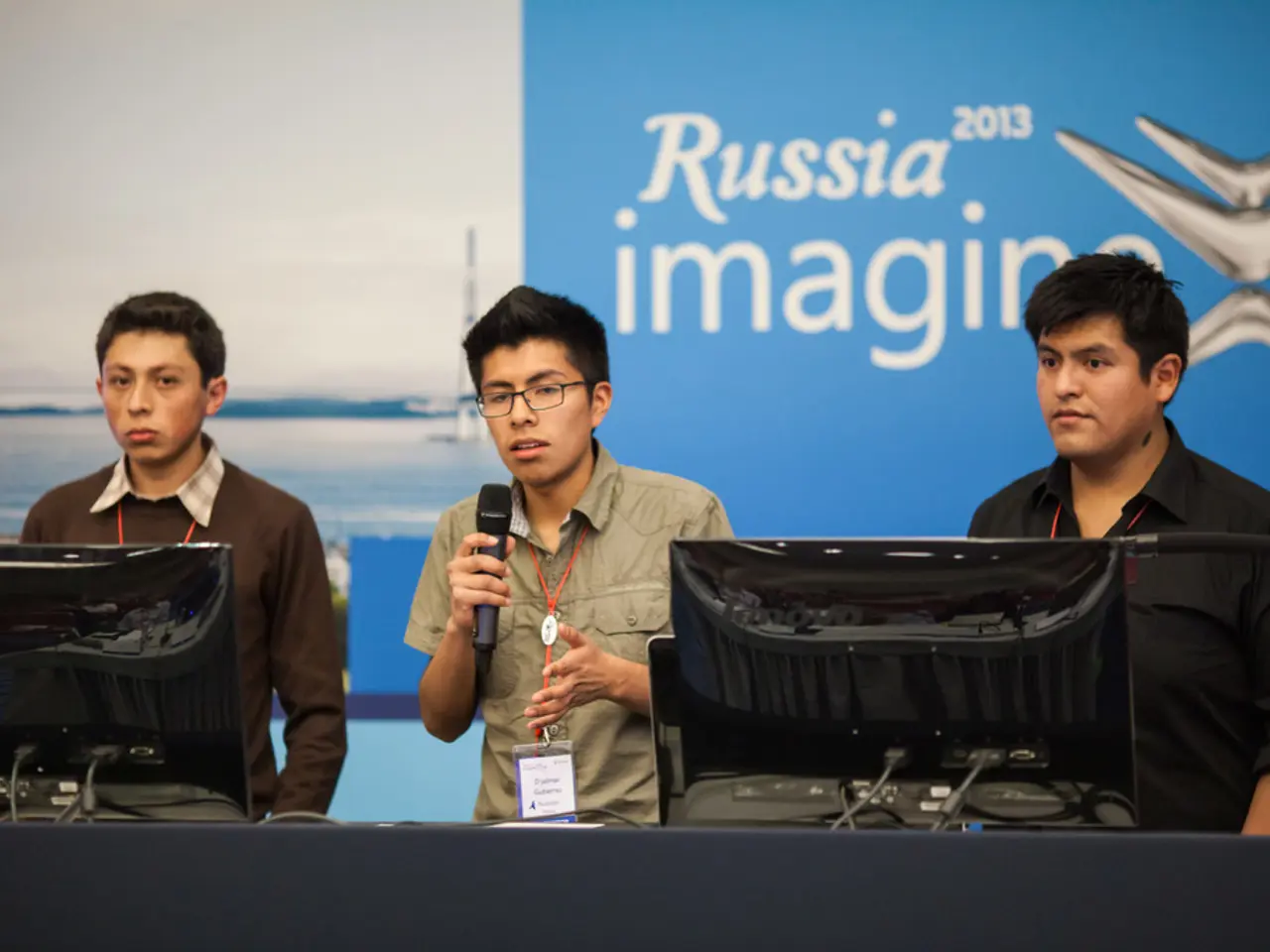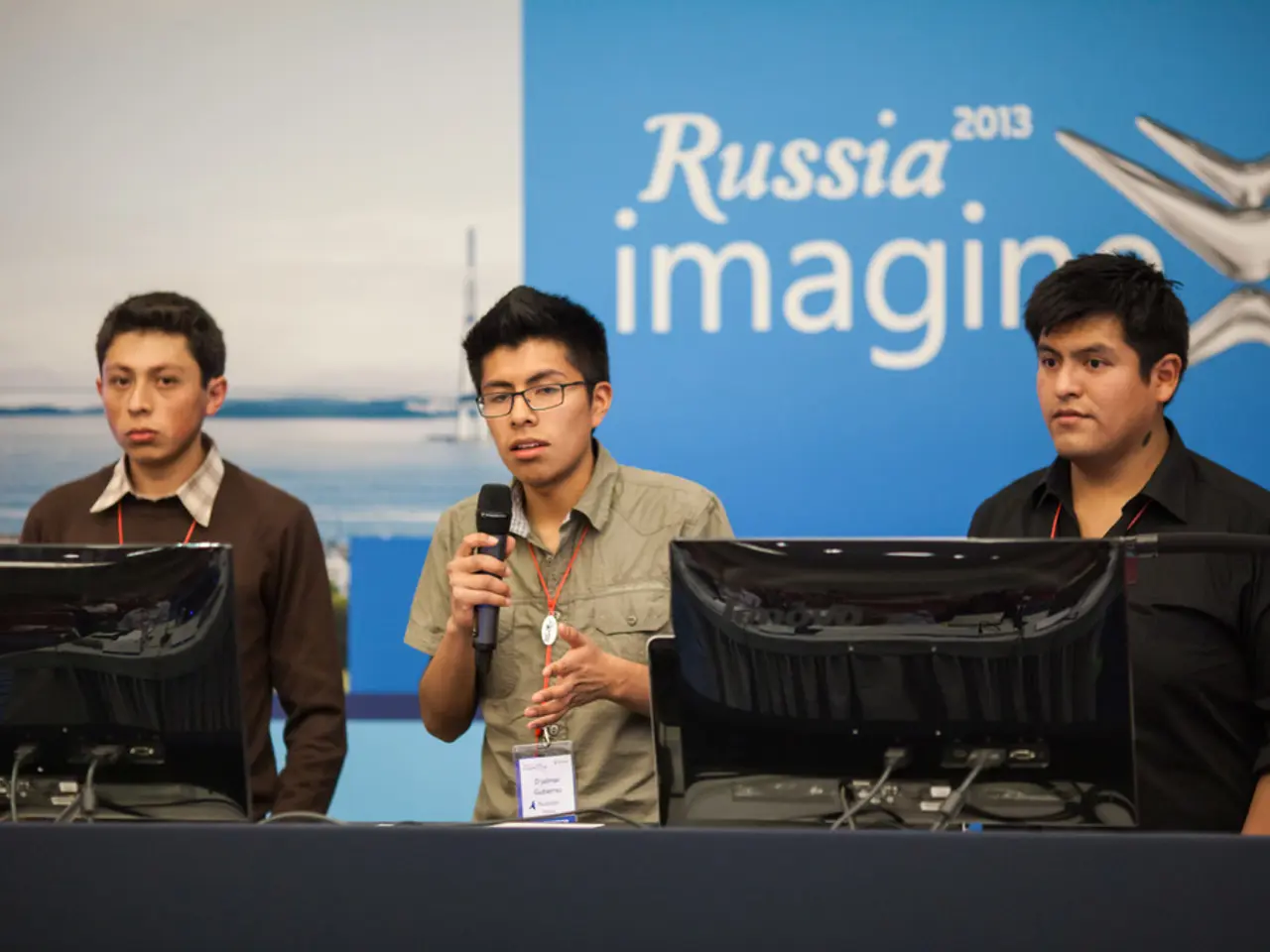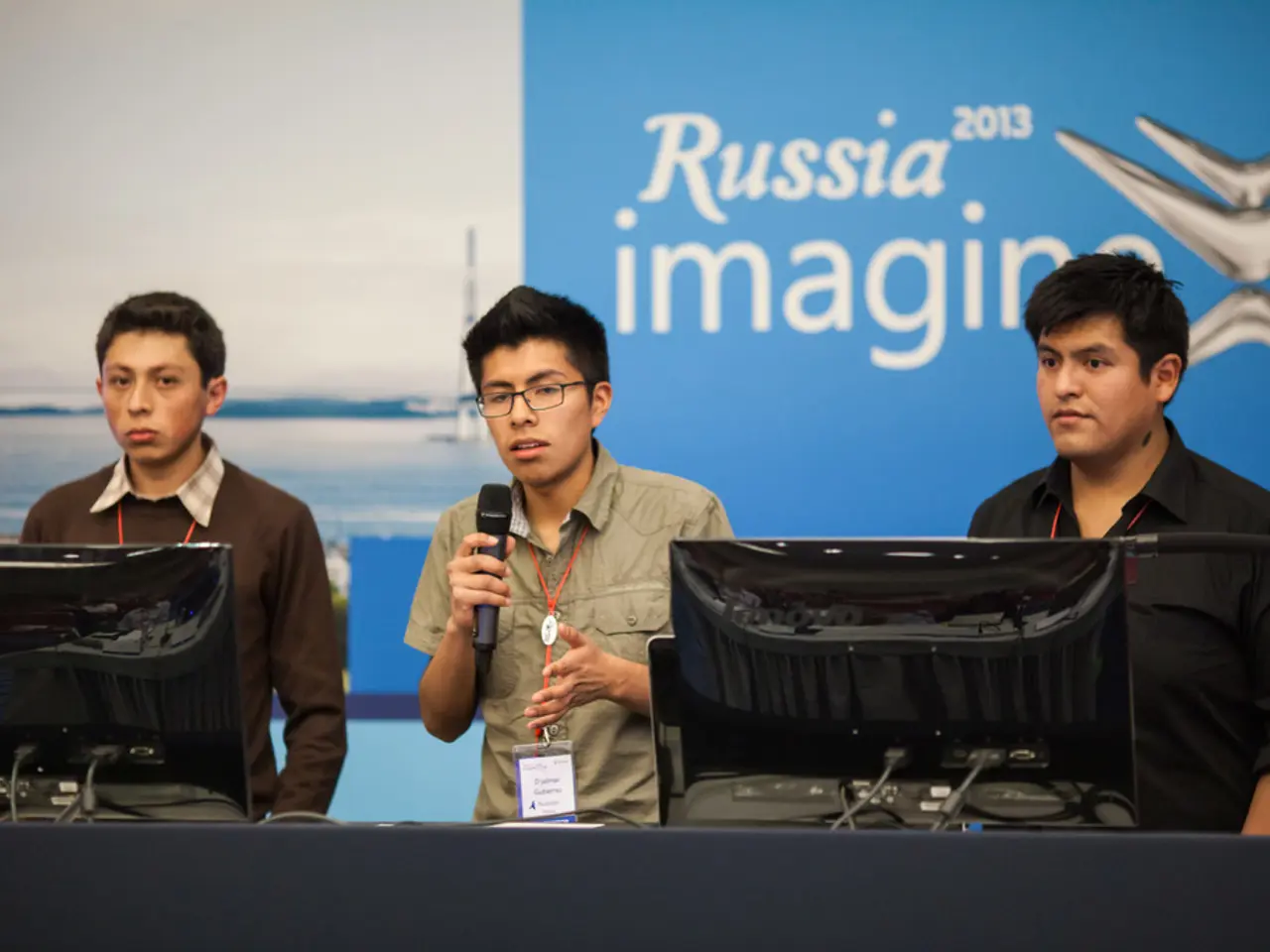Diplomatic representative of Iran commends Turkey's efforts in mediating the confrontation between Israel and Iran
In June 2025, the Israel-Iran conflict, particularly the Israeli strikes on Iran’s nuclear facilities, significantly disrupted Iran’s nuclear talks and negotiations with the United States, which were being mediated through Oman.
The attacks on Iran's military, nuclear, and civilian sites, as well as senior military commanders and nuclear scientists, occurred just before the sixth round of negotiations, leading to heightened tensions and distrust that complicated diplomatic engagement.
Key impacts of the conflict include:
- Stalling and Heightened Hardliner Influence: The conflict strengthened the position of Iranian hardliners and the Islamic Revolutionary Guards Corps (IRGC), who opposed negotiations unless Iran’s maximal demands were met. These demands included recognition of Israeli aggression, reparations, and security guarantees. The strikes intensified fears among hardliners that moderates were trying to leverage the crisis for political ascendancy.
- Disrupted Negotiations and Mixed Messages: The strikes led to uncertainty about the future of talks, with US officials giving mixed signals about resuming negotiations. Although the US expressed some willingness to continue dialogue, the violence sidelined diplomatic momentum.
- Damage to Iran’s Nuclear Program and Rebuilding Challenges: Israeli and US strikes targeted key facilities in Natanz, Esfahan, and Arak, setting back Iran’s nuclear capabilities. This damage was intended to pressure Iran back to the table but also raised questions over whether Iran could rebuild, especially given ongoing sanctions that continue to impede its nuclear infrastructure.
- Iran’s Nuclear Rights Remain a Sticking Point: Iran insists on its right to uranium enrichment for civilian purposes, which was already a major negotiation hurdle before the conflict. Post-strike, Iran seeks to secure this right firmly, complicating efforts to reach a deal.
- Role of Omani Mediation: Though not stated explicitly in these results, Oman has historically served as a discreet mediator between Iran and the US. The strikes and ensuing conflict likely complicated Oman's efforts by escalating mistrust and empowering Iranian factions skeptical of negotiations.
Iran's Foreign Minister Abbas Araghchi stated that any future interaction or negotiation will be different from the situation before June 12. The circumstances have changed drastically, and the issue of holding the U.S. accountable and demanding compensation for a military attack against Iran's peaceful nuclear facilities will be a main item on the agenda in any potential negotiations or discussions.
As of now, future cooperation between Iran and the International Atomic Energy Agency (IAEA) remains uncertain. Iran's parliament has suspended aspects of its engagement with the IAEA, and no international nuclear inspectors are currently operating in Iran. The IAEA's deputy director general, Massimo Aparo, is scheduled to visit Iran within the next 10 days, and the date for Aparo's visit to Tehran has been set. The outcome of this visit may provide further insights into Iran's stance on future nuclear negotiations.
[1] ABC News, "Israeli Strikes on Iran's Nuclear Sites: What We Know So Far," June 13, 2025. [2] Reuters, "Iran's Nuclear Program Suffers Major Setbacks After Israeli Strikes," June 15, 2025. [3] The Guardian, "Iran-US Nuclear Talks Disrupted by Israeli Strikes: Analysts," June 14, 2025. [4] CNN, "Iran's Nuclear Rebuilding Challenges After Israeli Strikes," June 20, 2025.
- The Iran-Israel conflict, particularly the Israeli strikes on Iran's nuclear facilities, not only disrupted diplomatic engagement but also significantly impacted Turkey, as Turkish President Recep Tayyip Erdogan vehemently criticized the attacks, expressing solidarity with Iran and urging the Turkish parliament to support stronger diplomatic measures to protect sovereign nations.
- Governments across the globe have responded to the war-and-conflicts, including Turkey's Prime Minister Mevlüt Çavuşoğlu, who called for a ceasefire and called the Israeli actions aggressive and damaging to peace negotiations.
- During the general-news coverage of this crisis, the Turkish government has suggested a more active role in Middle Eastern politics, proposing mediation efforts and advocating for a peaceful resolution to the ongoing conflict.
- The Turkish parliament is currently debating a resolution to send humanitarian aid and offer emergency medical services to Iranian victims of the strikes, demonstrating Turkey's commitment to supporting regional stability.
- As the repercussions of the Iran-Israel conflict continue to ripple through the international community, Turkish leaders have reiterated their strong stance against war-and-conflicts and their commitment to promoting peace and diplomacy in Turkiye and abroad.







